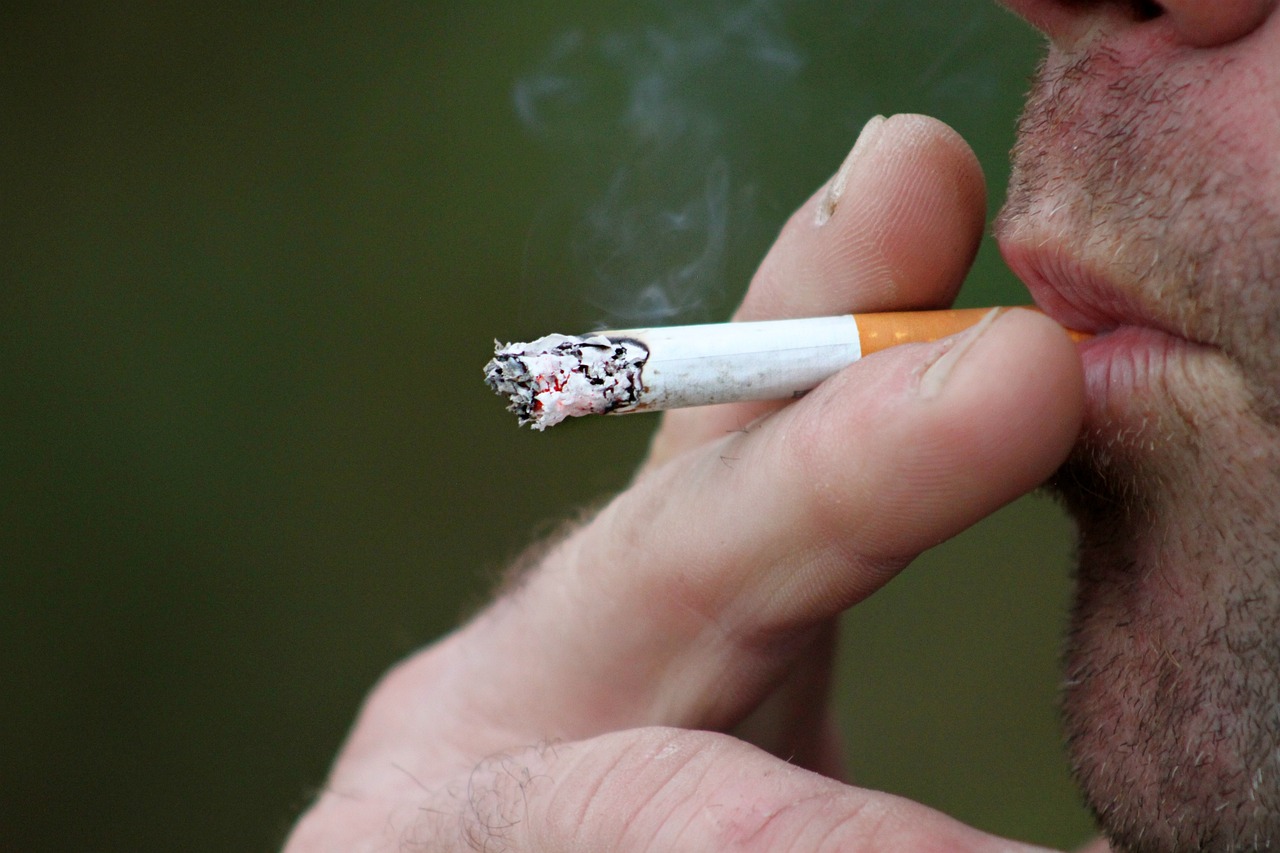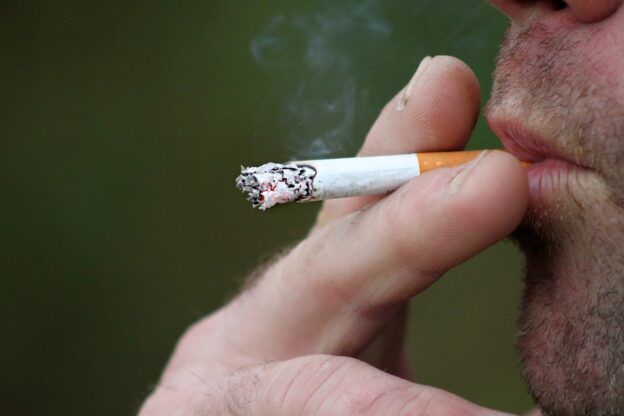Ejaculation Issues: Causes and Treatment Options

Ejaculation issues are relatively common and can affect men of all ages. These problems can take different forms, including premature ejaculation, delayed ejaculation, or complete inability to ejaculate. Each of these issues can significantly impact quality of life, relationships, and overall mental well-being.
Premature Ejaculation
Premature ejaculation (PE) is the most common ejaculation issue. This problem is characterized by the inability to control ejaculation sufficiently to achieve a satisfying sexual experience for both partners. Premature ejaculation can be highly frustrating and may lead to feelings of failure, anxiety, and shame.
Several factors may contribute to PE, including psychological factors (e.g., stress, anxiety, depression) and physiological factors (e.g., increased penile sensitivity, hormonal imbalance). Treatment options include various methods ranging from behavioral therapy and techniques for controlling ejaculation to pharmacological treatment.
Delayed Ejaculation
Delayed ejaculation (DE) is less common but equally problematic. A man with this condition requires unusually prolonged stimulation to ejaculate or may be unable to ejaculate at all, despite adequate erection and stimulation. This condition can also be frustrating and may disrupt sexual life.
The causes of delayed ejaculation can be psychological (e.g., anxiety, depression, relationship issues) or physiological (e.g., neurological disorders, medication side effects). Treatment often involves a combination of psychotherapy, lifestyle changes, and pharmacotherapy.
Anorgasmia and Inability to Ejaculate
The inability to ejaculate, also known as anejaculation, is a more severe form of ejaculation issues. This condition may be caused by physical blockages, neurological disorders, or psychological factors. Some men may experience sexual arousal and have a normal erection but are unable to reach orgasm and ejaculate.
Treatment for anejaculation depends on identifying the cause. If a physical problem, such as a blockage in the reproductive tract, is the cause, surgery may be necessary. If the cause is psychological, psychotherapy or sexual therapy may be beneficial.
Retrograde Ejaculation
Retrograde ejaculation is a condition where semen does not exit the body through the penis but instead travels back into the bladder. This issue can result from nerve or muscle damage that affects the closure of the bladder neck during ejaculation. Retrograde ejaculation often occurs as a side effect of certain medications, after prostate surgery, or in men with diabetes. Although it is not painful, it can lead to infertility, which is a serious concern for some men.
Painful Ejaculation
Painful ejaculation, also known as dysejaculation, is a condition where a man experiences pain during or after ejaculation. The pain may be localized in the penis, testicles, perineum (the area between the scrotum and anus), or lower back. Causes can include prostate inflammation (prostatitis), urinary tract infections, sexually transmitted diseases, or structural abnormalities. This condition can cause fear of sexual activity, further affecting mental well-being.
Anhedonic Ejaculation
Anhedonic ejaculation is a condition where a man does not feel any pleasure or satisfaction during ejaculation. Despite the physical climax, there is a lack of emotional or physical gratification that normally accompanies ejaculation. This problem may be due to psychological factors such as depression or anxiety, or physical factors, including hormonal imbalances or medication side effects.
Excessive Ejaculation
Excessive ejaculation refers to a situation where a man ejaculates more than once during a single sexual encounter, which may be associated with heightened sensitivity or excessive arousal. While this may not always be a problem, it can lead to fatigue, reduced pleasure, and in some cases, painful ejaculation.
Erectile Dysfunction with Subsequent Ejaculation
This issue involves a situation where a man loses his erection during sexual intercourse but still ejaculates. This phenomenon can be caused by anxiety, fatigue, or circulatory problems. Although ejaculation occurs, the absence of a firm erection may reduce satisfaction from the sexual experience.
Hyperspermia and Hypospermia
Hyperspermia is a condition where a man produces an abnormally large amount of semen, while hypospermia refers to the production of a small amount of semen. While these conditions are not directly related to ejaculation issues, they can affect fertility and may be indicative of other health problems, such as hormonal imbalances or infections.
Dry Ejaculation
Dry ejaculation occurs when a man does not expel any semen during orgasm, which can be the result of retrograde ejaculation, previous surgeries, or congenital abnormalities. This condition can be particularly problematic for men who wish to have children, as the absence of semen means the absence of sperm in the reproductive process.
Treatment Options for Ejaculation Issues
Treatment for ejaculation issues is complex and depends on the type of problem a man is facing and its underlying causes.
Behavioral Therapy: One of the primary methods is behavioral therapy, which focuses on techniques for controlling ejaculation. Popular methods for men with premature ejaculation include techniques that help gain greater control over climaxing. For example, the “start-stop” method involves stopping stimulation just before orgasm and waiting until the feeling of imminent ejaculation subsides. This process is repeated until the man gains better control over his responses. Similarly, the “squeeze” method involves squeezing the tip of the penis just before climax, delaying ejaculation. These techniques aim to increase awareness of bodily signals and improve ejaculation control.
Psychotherapy: Psychotherapy plays an essential role, especially in cases where ejaculation issues are caused by psychological factors such as stress, anxiety, or depression. Cognitive-behavioral therapy (CBT) focuses on changing negative thought patterns that contribute to these problems. Sexual therapy, on the other hand, aims to improve communication between partners and remove emotional barriers that may hinder a satisfying sexual life. Therapy may also include exercises aimed at enhancing sexual satisfaction and boosting self-confidence.
Pharmacological Treatment: Pharmacological treatment is another important tool in combating ejaculation dysfunctions. Selective serotonin reuptake inhibitors (SSRIs), such as dapoxetine, are often used to prolong the time needed to ejaculate, which is particularly useful in cases of premature ejaculation. Other medications that may help include phosphodiesterase type 5 inhibitors (PDE5 inhibitors), such as sildenafil (Viagra), tadalafil (Cialis), or vardenafil (Levitra). These drugs improve blood flow to the penis and are effective in men with delayed ejaculation or erectile dysfunction. Lidocaine creams or sprays can be used to reduce penile sensitivity, allowing men to better control ejaculation. If ejaculation issues are caused by hormonal imbalances, such as low testosterone levels, hormone therapy may be indicated.
Surgical Intervention: In some cases where ejaculation issues are caused by physical obstructions or nerve damage, surgery may be necessary. Retrograde ejaculation, where semen travels back into the bladder instead of exiting the body, may require surgery to restore normal semen flow. Similarly, if structural abnormalities such as scarring or narrowing of the urethra are the cause of ejaculation issues, microsurgical correction may be recommended to restore normal function.
A Few Words in Conclusion
In addition to physical aspects, ejaculation issues can provoke strong emotional reactions, such as frustration, shame, or loss of self-esteem. Men experiencing these difficulties often feel a sense of failure, which may lead to avoiding sexual activities and, consequently, strain on relationships. Communication between partners can become tense, leading to further complications in the relationship.
It is also important to note that ejaculation issues can be a symptom of deeper health problems. For example, erectile dysfunction, often associated with ejaculation problems, may indicate cardiovascular disease or hormonal imbalances. Therefore, it is crucial not to underestimate these symptoms and seek professional help in a timely manner.
Currently, there are many treatment options available that can help men manage these issues. From psychotherapy, which focuses on managing stress and improving communication in relationships, to various techniques and exercises aimed at controlling ejaculation, to pharmacological treatment. Every man is unique, so it is important to find a treatment approach that best suits his needs and situation.
Finally, it is essential to understand that ejaculation issues are not a final verdict but a challenge that can be successfully addressed. Open communication with partners and professionals, along with an active approach to finding solutions, can lead to the restoration of a healthy and satisfying sexual life.
Related articles









